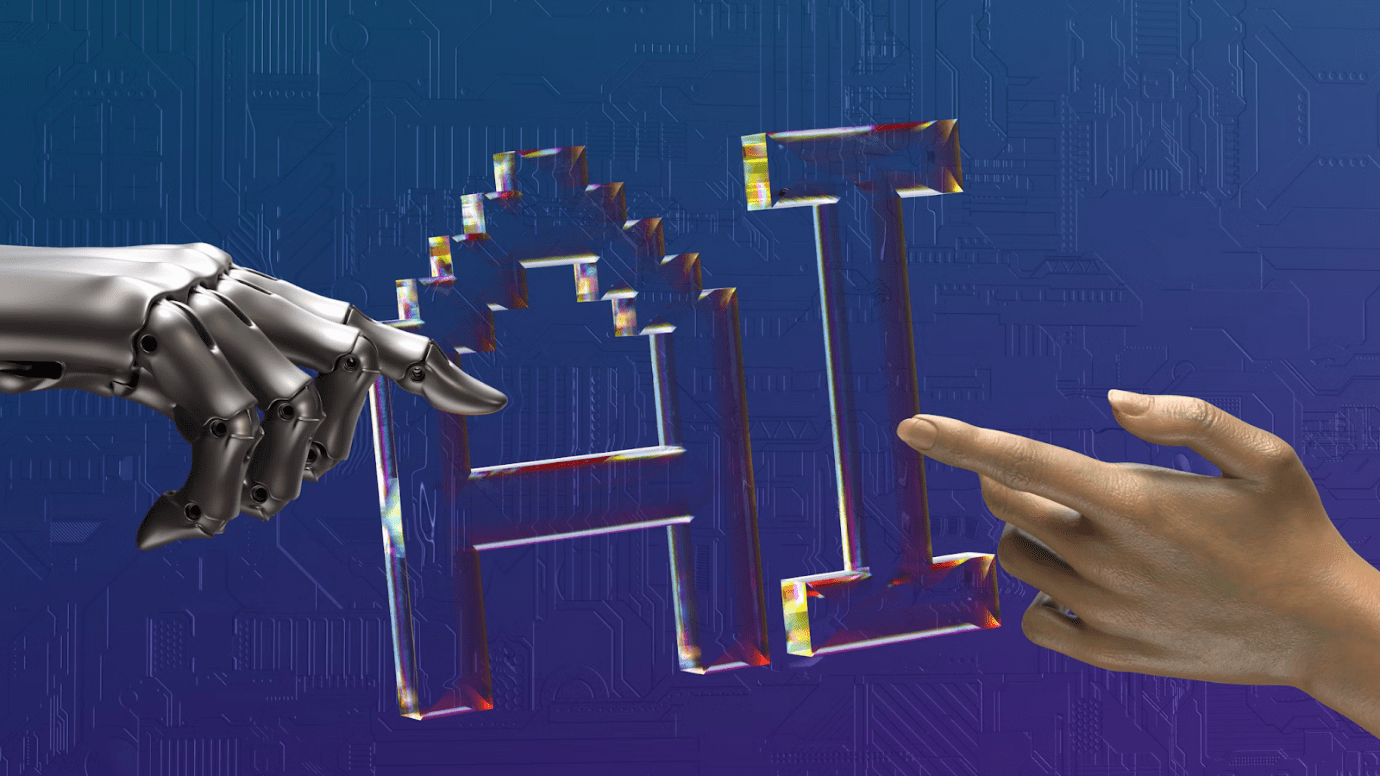In a world where data has become the new currency, artificial intelligence is transforming everything from healthcare to gaming. In the gaming industry, especially in systems driven by probability and betting logic, AI is no longer just an assistant but a key analyst capable of recognizing behavior patterns and optimizing outcomes. Using machine learning, modern platforms analyze millions of gaming sessions, calculate outcome probabilities, and dynamically adapt the experience for each player.

Today’s game mechanics increasingly rely on predictive modeling data-driven forecasting. Take, for example, the crash game — a popular format on the Melbet platform where players place bets while watching a multiplier rise, which can “crash” at any moment. The algorithm behind the game is based on a Random Number Generator (RNG) ensuring fairness, while AI analyzes the statistics of multipliers and time intervals. For players, this is not just entertainment but a chance to explore the real mechanics of probability how to balance risk and timing. The crash game perfectly illustrates how AI and mathematics can make gaming more transparent, dynamic, and close to the precision of engineering.
In the past, predicting outcomes in games relied solely on chance. Now, neural networks and big data come into play. Algorithms are trained on real gameplay sessions, identifying behavioral patterns when players are most likely to bet, how they react to wins or losses, and when they decide to quit. This allows platforms to create a more balanced experience engaging yet sustainable. The essence of AI here lies in calibration: it doesn’t predict specific outcomes, but evaluates probabilities and adapts gameplay to user behavior.
The world of online gaming and betting is rapidly adopting these technologies. For instance, online gamble Bangladesh one of the largest platforms in South Asia uses artificial intelligence to analyze millions of sessions in real time. The system tracks trends, adjusts odds, provides transparent statistics, and enhances user experience through personalized recommendations. This is not just an online casino but a complete digital ecosystem where algorithms ensure data security, accuracy of coefficients, and fairness of all gaming processes.
From a technological standpoint, the key challenge in outcome prediction is balancing randomness and adaptability. A fully random system quickly loses engagement, while a predictable one destroys excitement. Artificial intelligence solves this dilemma: it maintains the illusion of total randomness while preserving fairness and mathematical equilibrium. This creates a new philosophy of gaming where players compete not against the machine but against their own intuition and understanding of probability.
For .NET developers building gaming or simulation projects, AI opens vast new opportunities from behavioral prediction models to adaptive reward systems. Using ML.NET or TensorFlow.NET, developers can design models that assess risk, dynamically modify odds, and even generate “intelligent” gameplay scenarios. Integrating AI turns a game into a living system each session becomes part of a larger learning process for the algorithm.
Ultimately, artificial intelligence doesn’t just improve gaming platforms, it sets new standards for transparency and engagement. In an era where players want to understand how chance works, AI becomes the bridge between entertainment and technology. And it is precisely this fusion of human intuition meeting machine precision that defines the future of the industry, where outcome prediction evolves from mere luck into an exact engineering science.
Registration Open – Angular Online Training
Session Time: 8:30 PM – 10:00 PM IST
Advance your career with our expert-led, hands-on live training program. Get complete course details, the syllabus, and Zoom credentials for demo sessions via the links below.
